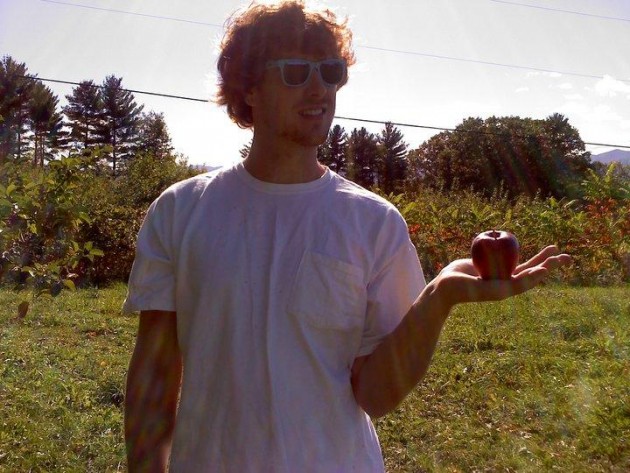CSC says no to Syria intervention
Current economic and personal problems within the United States have some Castleton State College students very concerned about getting involved in the crisis in Syria. On the whole, students are primarily opposed to any sort of intervention by the U.S. government into the country embroiled in a civil war.
“It’s not our place to intervene,” said Castleton’s Stanti Schonbachler. “If we do this Americans will die, and I don’t want to see more Americans die.”
Sophomore Max Louis agreed with Schonbachler and said the U.S. should not intervene.
“I think we should stay away for now and work on fixing our country. I think the UN should intervene, but not the U.S. when our country is doing so bad,” Louis said.
Junior Mikaela Poley said we should remain on our own soil – unless the situation changes.
“We shouldn’t go into war unless things turn for the worst,” she said.
It is unclear exactly what will happen in the next year regarding the Middle East conflict, but there are a few dates that can ultimately determine the outcomes.
Two crucial steps, both happening in November, will greatly impact the entire situation. The first is a complete initial on-site inspection for all chemical weapons. The second would be the complete destruction of production and mixing equipment.
Professor Melisse Pinto of the Castleton State College Political Science Department, is a strong advocate for diplomatic measures who cautioned that Syria’s President Basha al-Assad could be the “lesser of two evils.”
There is, however, a controversial third step, which would give Assad until mid-way through 2014 to have all chemical weapons completely destroyed. This is unfavorable among the Syrian rebels as well as some Castleton students.
The opinion shared by Syrian rebels and Castleton students is that prolonging the situation is a problem. It would give Assad well more than six months to plan and mislead opposing groups into thinking all is taken care of when in fact the chemical weapons could be hidden.
Though most everyone doesn’t want to see an intervention into Syria lead to another war, others say it’s more complicated than a simple “yay” or “nay” in the political sphere.
“It’s a complicated situation,” said political science professor Rich Clark.
“The diplomatic track is where everyone wants to go,” said Clark. “We know Assad is a problem for us in the future, especially with speculation of Al Qaeda influence among the Syrian rebels.”
As the situation unfolds, Castleton’s opinion reflects that President Barack Obama’s already negative approval rating could take another dip if there is a decision to take “necessary force” for international security.







